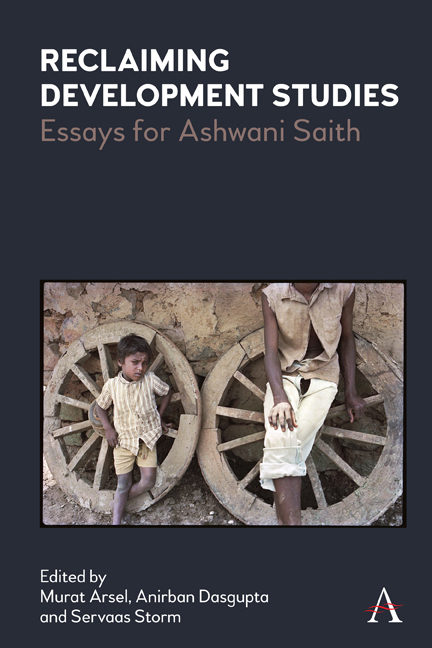Chapter Nine - Poverty Reduction and Social Progress in Bangladesh: Revisiting Some Development Ideas
Published online by Cambridge University Press: 23 February 2022
Summary
The narratives on Bangladesh's impressive economic and social progress over the past three decades or so, often called a ‘development surprise’, raise many issues which are only partly understood and which deserve scrutiny in light of many contemporary development ideas. There are two distinct, but related, aspects of this surprise. First, despite the dire predictions regarding Bangladesh's development prospects made in the post-independence period of the 1970s, the country has achieved remarkably steady and accelerating growth in per capita income, particularly since the early 1990s. This growth has taken place in the face of many formidable odds: the desperate initial conditions of a war-ravaged economy, the proneness to natural disasters, the extreme conditions of population density and land scarcity, lack of natural resources and a systemic governance dysfunction.
The second and more remarkable aspect of the ‘development surprise’ is to do with the achievements in the social development indicators, in which the country has transformed itself from being a laggard to a clear leader among comparator countries with similar per capita income and living standards. This may seem all the more puzzling since this has been possible in spite of extremely poor governance in service delivery and with low levels of per capita public social spending. In this study, we focus mainly on this second aspect of Bangladesh's development performance, particularly the pathways in which the achievements were made and the challenges that lie ahead.
Poverty Reduction with Increasing Inequality
Since the early 1990s, the economy of Bangladesh has been growing at a modestly high and accelerating rate. With a declining rate of population growth, the country has achieved an annual growth in per capita real gross domestic product (GDP) well ahead of the average of all developing countries. Out of today's 25 largest developing countries (according to the size of GDP adjusted for purchasing-power parity in dollars), Bangladesh ranked among the top 10 in terms of annual average GDP growth during 1980– 2007 (Growth Commission 2008). Since then, with further acceleration in growth, the country's ranking is likely to have increased further, making it one of the fastest growing economies. Furthermore, this impressive growth has been translated into rapid reduction of poverty, despite increasing income inequality as we shall discuss later.
- Type
- Chapter
- Information
- Reclaiming Development StudiesEssays for Ashwani Saith, pp. 163 - 178Publisher: Anthem PressPrint publication year: 2021



